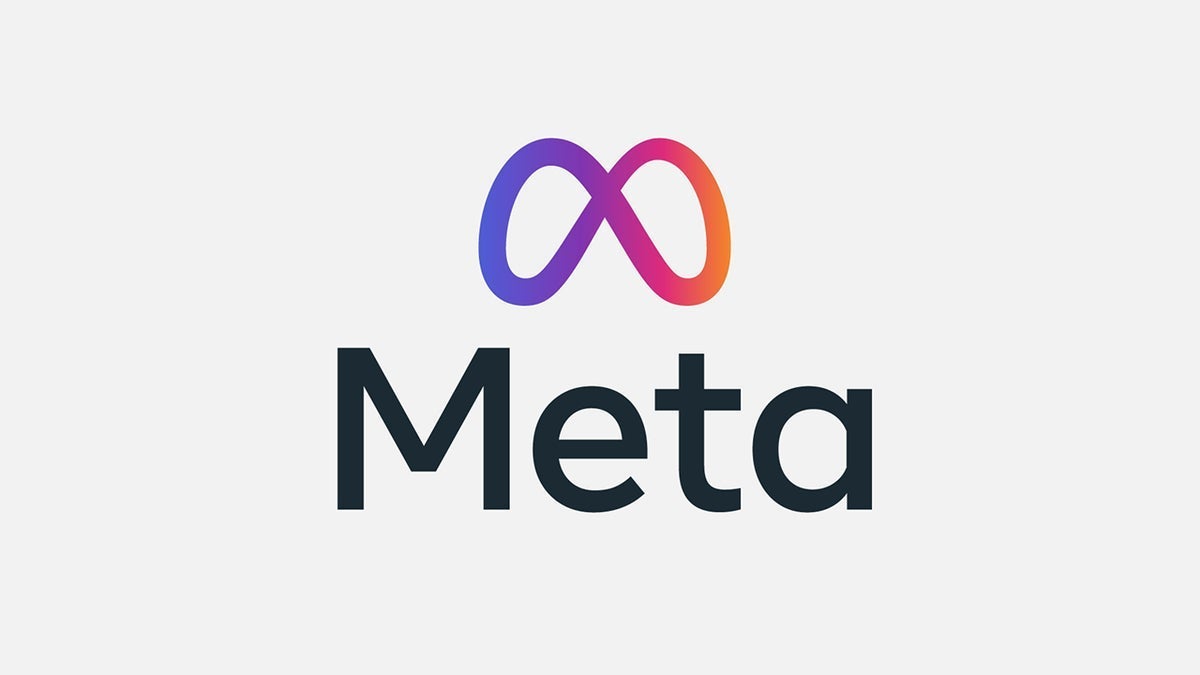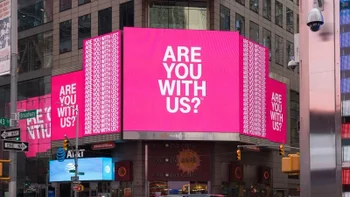Meta not happy about Malaysia's plan to require regulatory licenses

Meta and Malaysia are clashing over regulatory licenses and things are heating up.
Malaysia’s plan is simple: social media platforms and messaging services with over eight million users should apply for a regulatory license, so the government could combat rising online threats.
The surge in financial scams, cyberbullying, and sexual crimes on digital platforms has raised significant concerns, prompting authorities to seek stronger oversight. By January 1, 2025, companies operating in Malaysia could face legal consequences if they fail to obtain this license, underscoring the country’s determination to control harmful content and illegal activities on social media.
However, the proposal has sparked resistance, Reuters reports. An industry group representing Asian tech firms, including Meta, urged Malaysia to reconsider, asking the government in August to pause such licensing plans.
Nevertheless, Malaysia’s Communications Minister Fahmi Fadzil affirmed that there would be no delay, emphasizing that compliance with local regulations is essential for any company wanting to operate in the country.
Meta’s Southeast Asia public policy director, Rafael Frankel, expressed uncertainty over whether the company would apply for the license by the deadline, citing a lack of clarity in the new regulations. Frankel pointed out that the licensing timeline felt exceptionally accelerated, and that the obligations for social media platforms remained vague.
According to Frankel, such regulations typically take years to refine, ensuring they are effective and balanced so as not to stifle innovation and economic growth.
After a recent meeting with Meta representatives, Minister Fahmi shared on social media that while he appreciated Meta’s openness to working with the government, he urged the company to increase its efforts in combating content involving minors.
Frankel reassured the government that Meta shared Malaysia’s commitment to online safety and was collaborating with local regulators to remove or restrict harmful content. He emphasized that Meta already takes online safety seriously, regardless of licensing requirements.
Meta remains hopeful that it can address the government’s concerns and reach an agreement before the new regulations take effect, although Frankel did not offer specific details. Malaysian authorities have flagged several types of content as particularly dangerous, including online gambling, scams, child pornography, grooming, cyberbullying, and material related to sensitive issues like race, religion, and royalty.
In the first half of 2023, Malaysia requested a record number of content restrictions on TikTok and Meta platforms, marking a notable rise compared to previous years.
Meta restricted around 3,100 posts on Facebook and Instagram, six times more than the previous period, while TikTok received 340 government requests, leading to the removal or restriction of 815 posts.
These actions, mainly aimed at content related to race, religion, and royalty, have raised concerns given Prime Minister Anwar Ibrahim’s prior pledges to protect free speech. Malaysia has denied any misuse of authority, claiming these restrictions are necessary to prevent provocative content.
Malaysia’s plan is simple: social media platforms and messaging services with over eight million users should apply for a regulatory license, so the government could combat rising online threats.
Nevertheless, Malaysia’s Communications Minister Fahmi Fadzil affirmed that there would be no delay, emphasizing that compliance with local regulations is essential for any company wanting to operate in the country.
Meta’s Southeast Asia public policy director, Rafael Frankel, expressed uncertainty over whether the company would apply for the license by the deadline, citing a lack of clarity in the new regulations. Frankel pointed out that the licensing timeline felt exceptionally accelerated, and that the obligations for social media platforms remained vague.
After a recent meeting with Meta representatives, Minister Fahmi shared on social media that while he appreciated Meta’s openness to working with the government, he urged the company to increase its efforts in combating content involving minors.
Frankel reassured the government that Meta shared Malaysia’s commitment to online safety and was collaborating with local regulators to remove or restrict harmful content. He emphasized that Meta already takes online safety seriously, regardless of licensing requirements.
Meta remains hopeful that it can address the government’s concerns and reach an agreement before the new regulations take effect, although Frankel did not offer specific details. Malaysian authorities have flagged several types of content as particularly dangerous, including online gambling, scams, child pornography, grooming, cyberbullying, and material related to sensitive issues like race, religion, and royalty.
Earlier this year, Malaysian officials noted a spike in harmful social media content and called on companies, including Meta and TikTok, to increase monitoring of their platforms.
In the first half of 2023, Malaysia requested a record number of content restrictions on TikTok and Meta platforms, marking a notable rise compared to previous years.
Meta restricted around 3,100 posts on Facebook and Instagram, six times more than the previous period, while TikTok received 340 government requests, leading to the removal or restriction of 815 posts.
These actions, mainly aimed at content related to race, religion, and royalty, have raised concerns given Prime Minister Anwar Ibrahim’s prior pledges to protect free speech. Malaysia has denied any misuse of authority, claiming these restrictions are necessary to prevent provocative content.
Follow us on Google News













Things that are NOT allowed:
To help keep our community safe and free from spam, we apply temporary limits to newly created accounts: